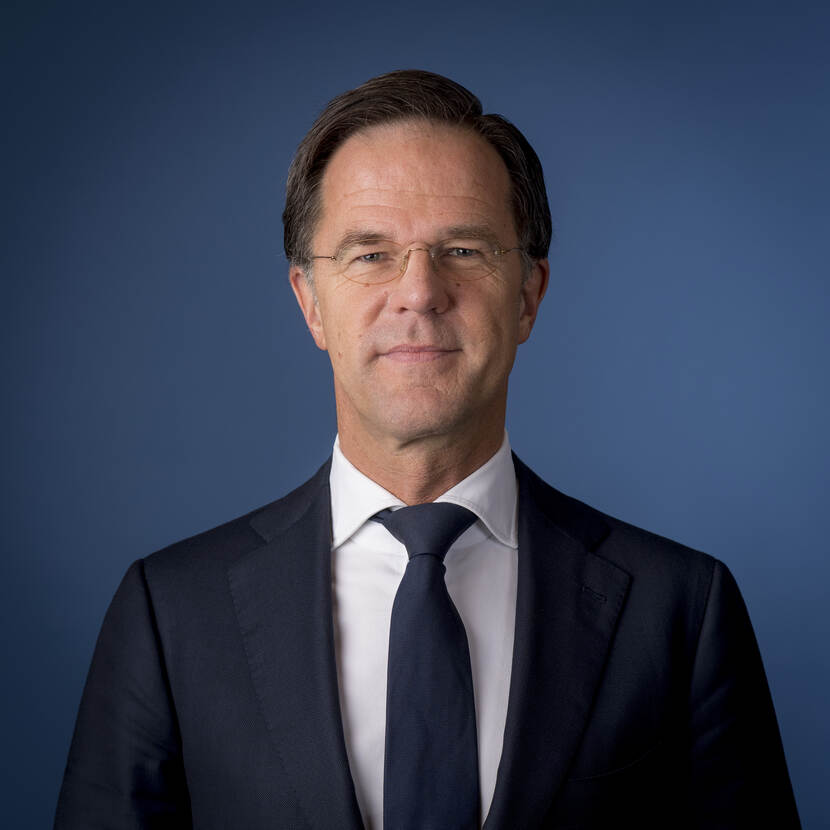The Dutch coalition government, led by Prime Minister Mark Rutte, collapsed on Friday following a heated disagreement over immigration policy, as reported by the news agency ANP, citing government sources.
The main point of contention during the crisis meeting was the introduction of restrictions on family reunification for refugees already residing in the Netherlands.
Rutte’s liberal VVD party advocated for these restrictions, aiming to limit the influx of asylum seekers into the country. However, the other coalition parties believed that the proposed policy went too far, leading to an irreconcilable impasse.
This marks the fourth government under Rutte’s leadership, as he has served as prime minister for nearly 13 years, making him one of the longest-serving heads of government in the European Union. The formation of his previous government was a protracted process that required nine months of negotiations. The four parties involved in the coalition were the right-wing liberal VVD, the left-wing liberal D66, the Christian Democratic CDA, and the smaller Christian Union.
News agency ANP, citing the national elections committee, said elections would not be held before mid-November.
A caretaker government cannot decide on new policies, but Rutte said it would not affect the country’s support for Ukraine.
The coalition government’s popularity had plummeted in recent times due to several crises. In the most recent elections held in March, all government parties experienced significant losses. Meanwhile, the right-wing populist Farmer-Citizen Movement (BBB) emerged as the major victor in the elections. The BBB has garnered substantial support by opposing the government’s proposed environmental regulations aimed at reducing nitrogen emissions. Over the years, farmers have vehemently protested these measures, occasionally resorting to violence.
The rise in popularity of the BBB has cast doubt on the coalition government’s ability to successfully pass important legislation on agricultural reform, climate protection, and asylum policy. As a result, fresh elections are predicted to favor the BBB, with the party expected to achieve significant success.
The collapse of the Dutch coalition government signifies a major turning point in the country’s political landscape. The ensuing period of uncertainty and potential political realignment raises questions about the future direction of the Netherlands on issues such as immigration, the environment, and the role of populism in shaping policy decisions.
(With inputs from agencies)
A global media for the latest news, entertainment, music fashion, and more.




